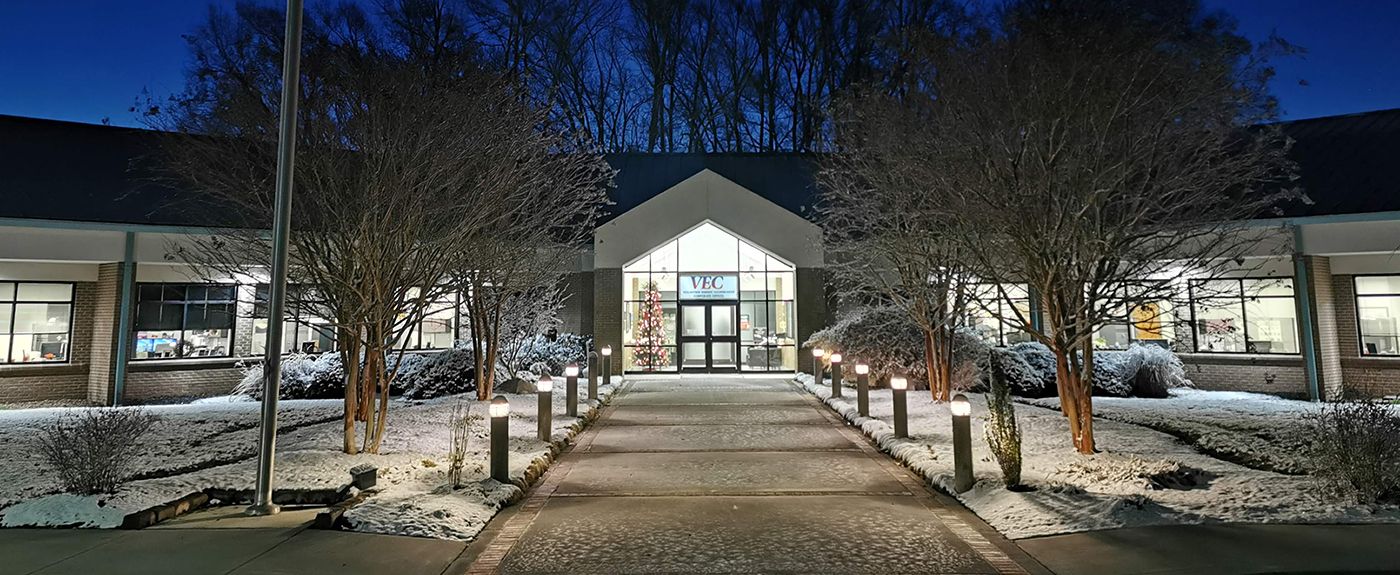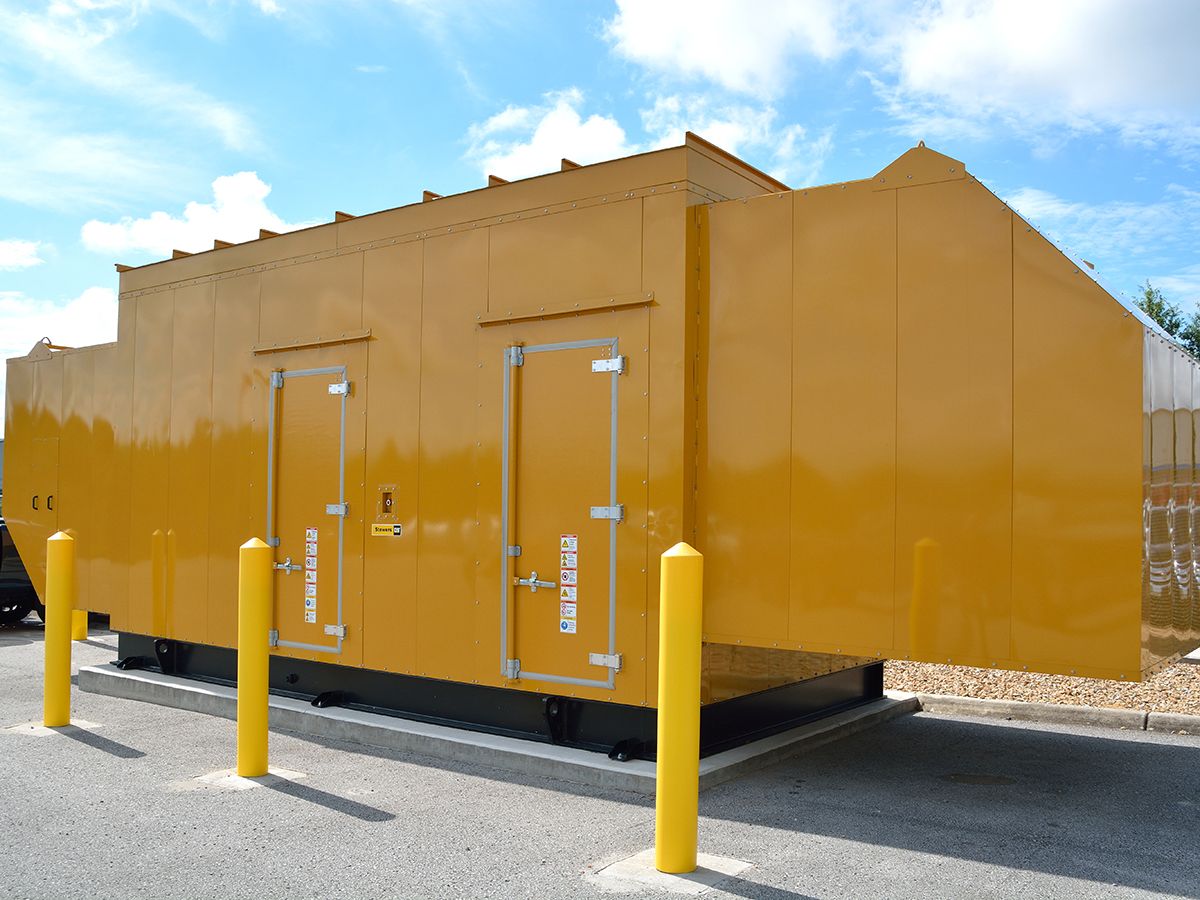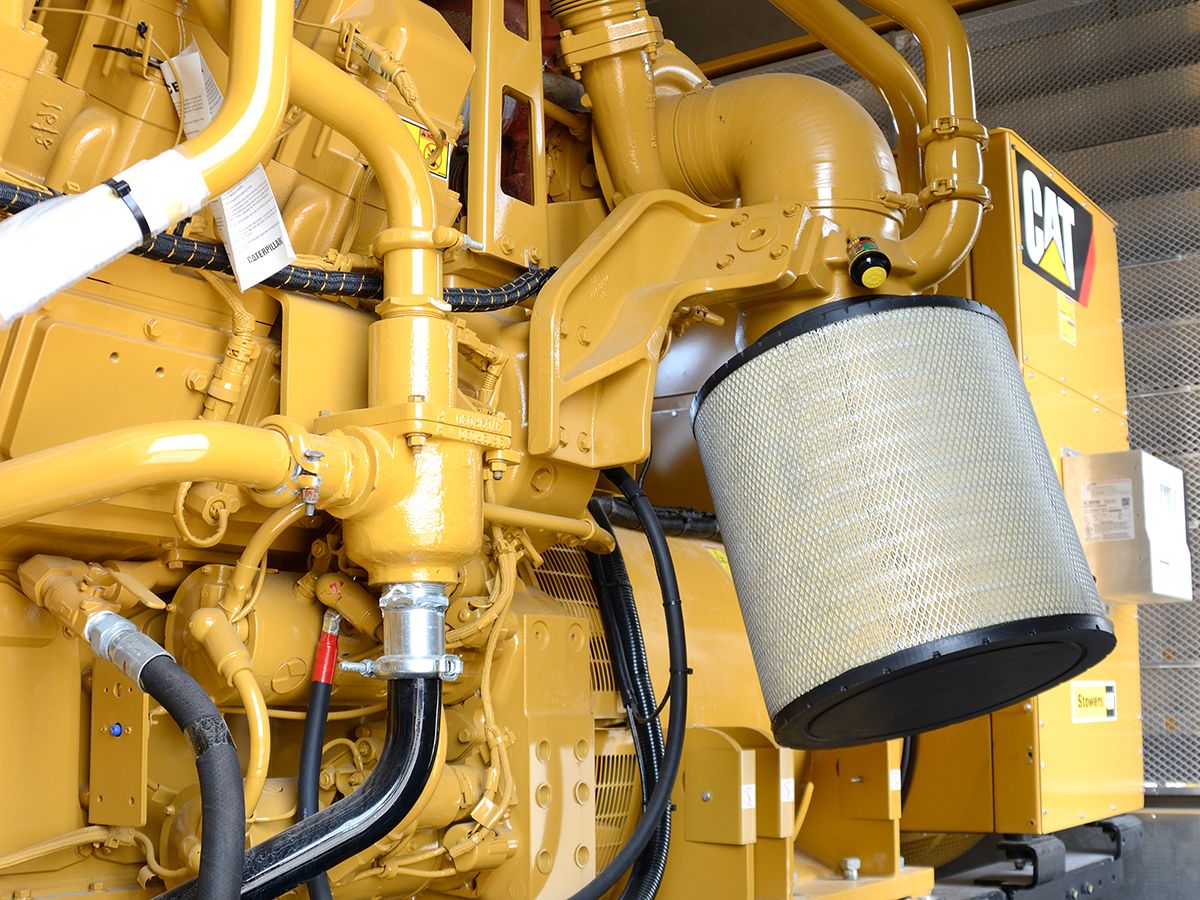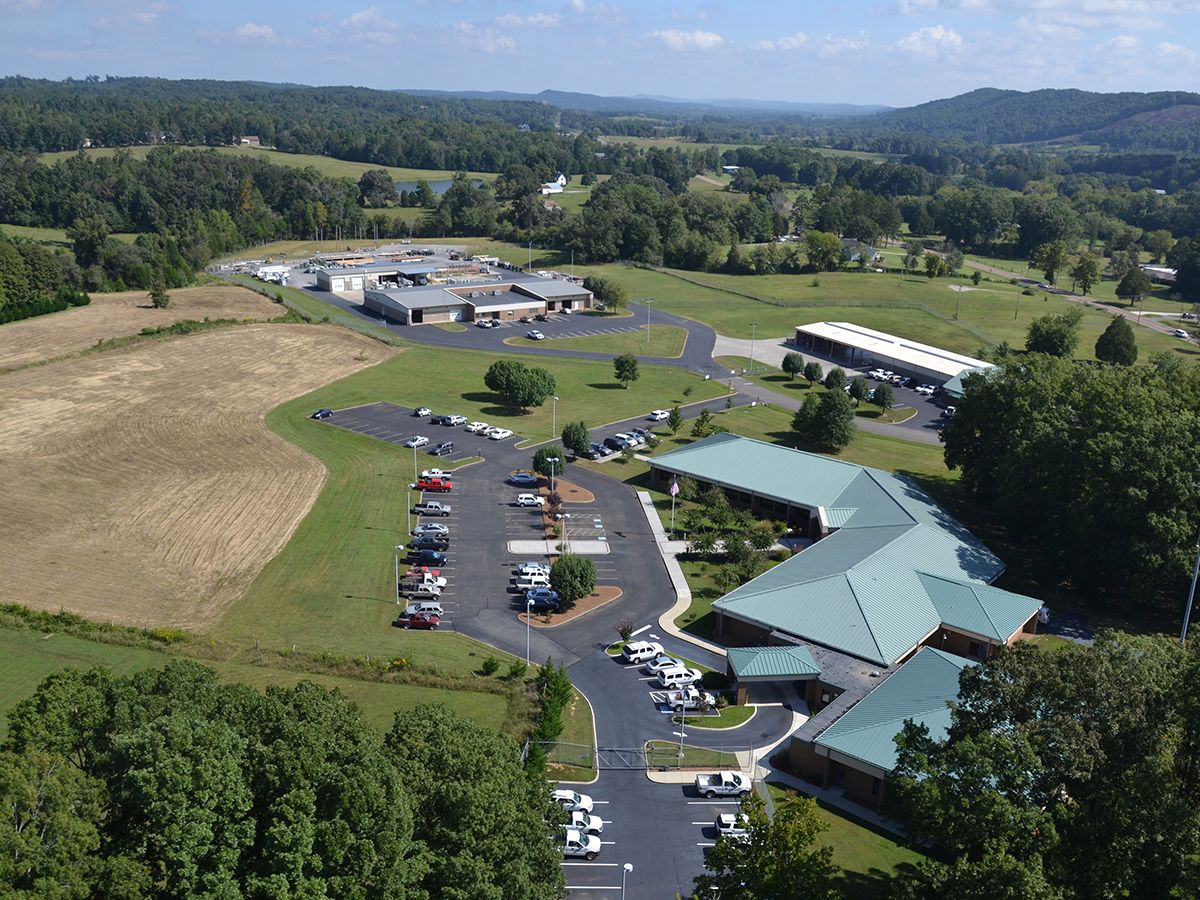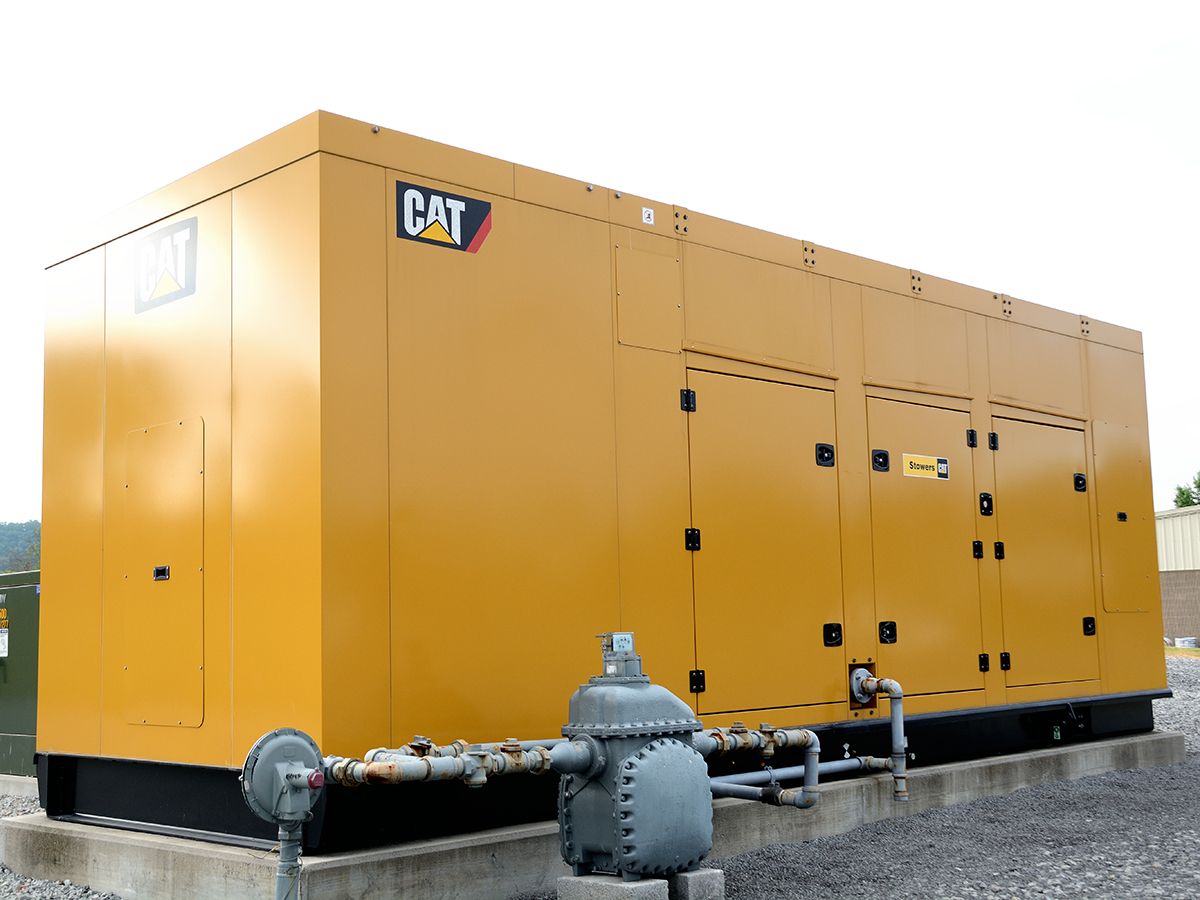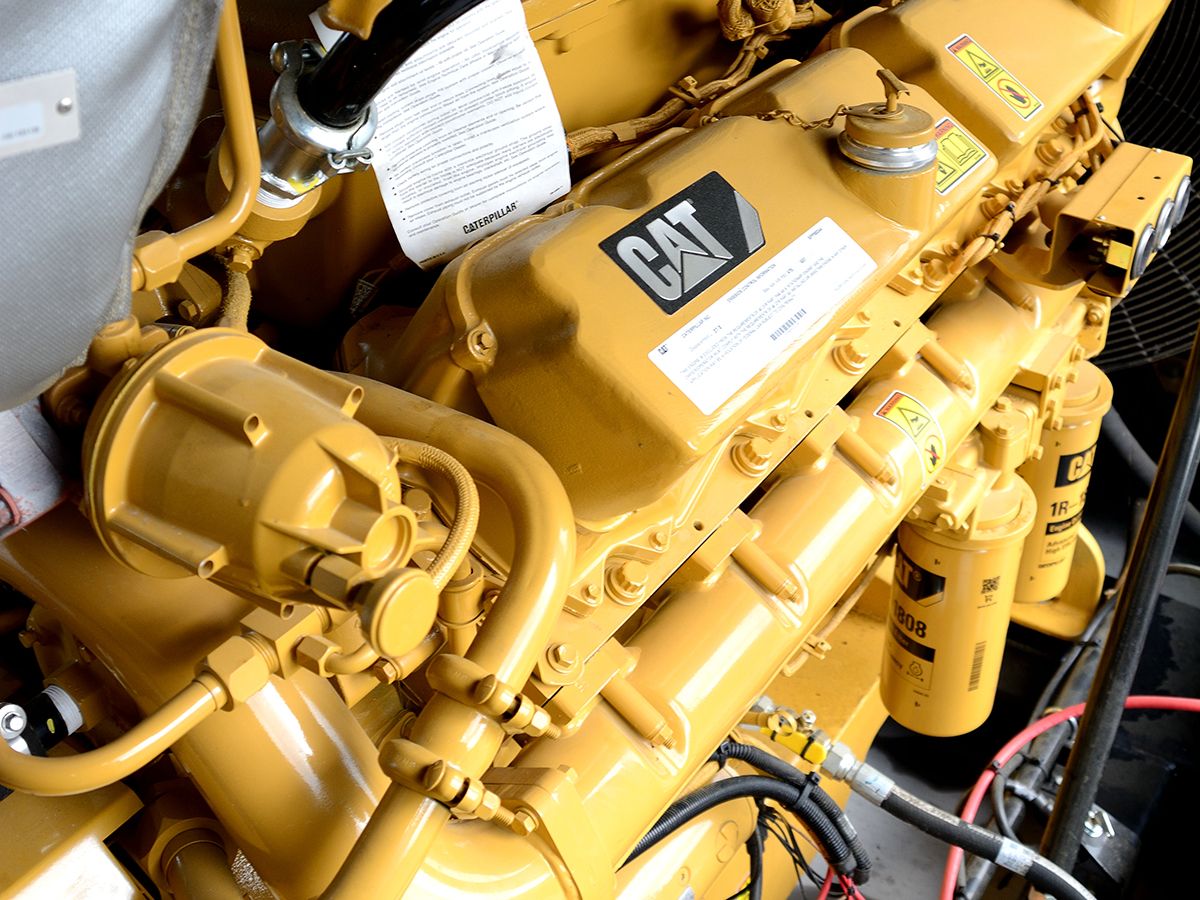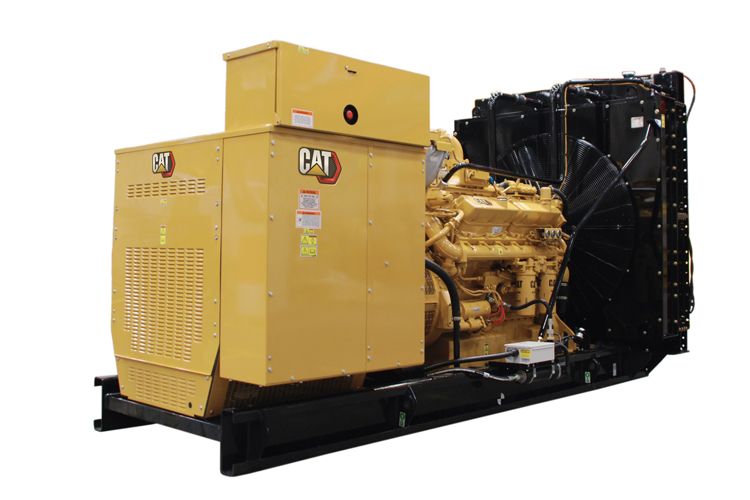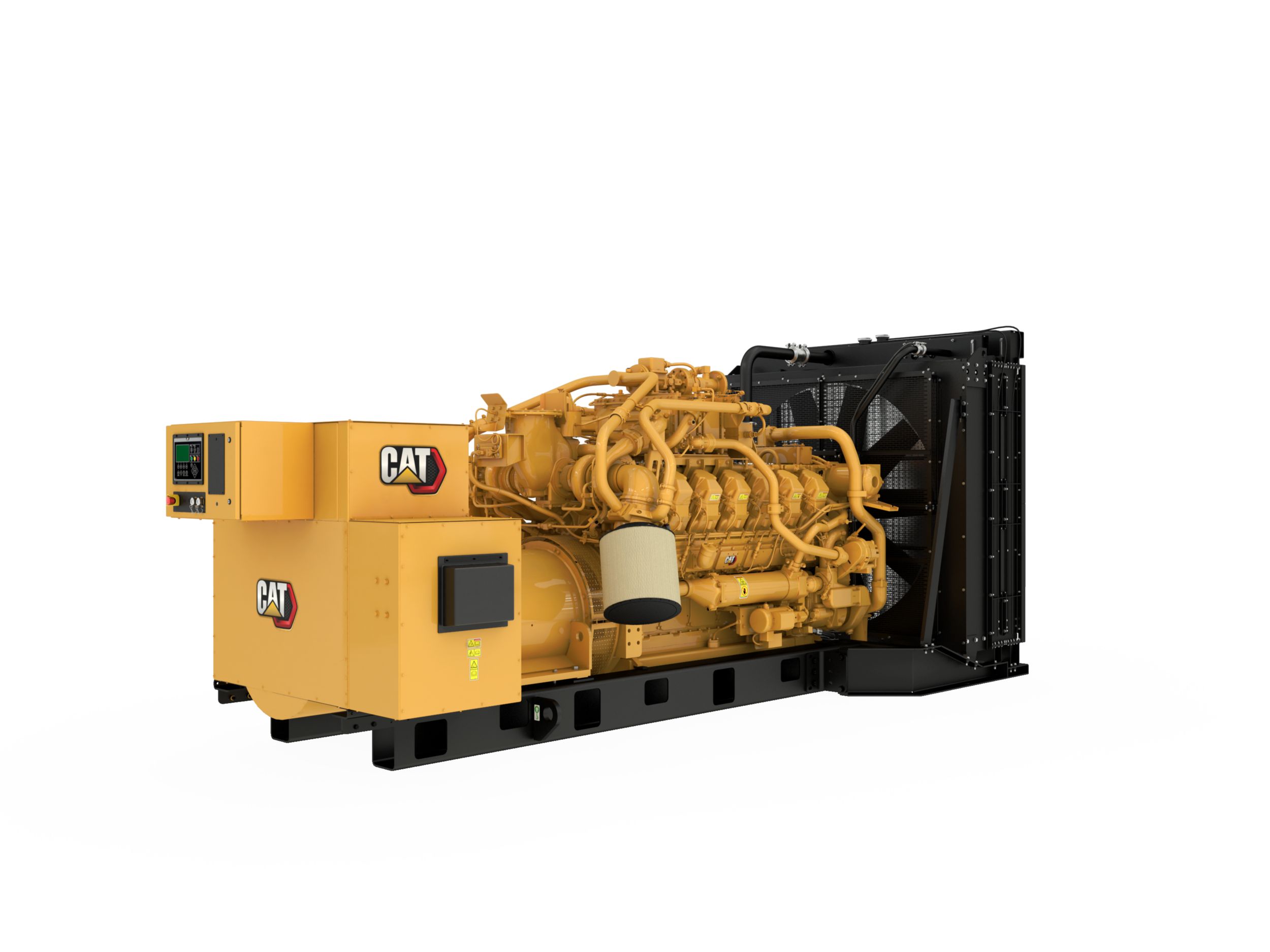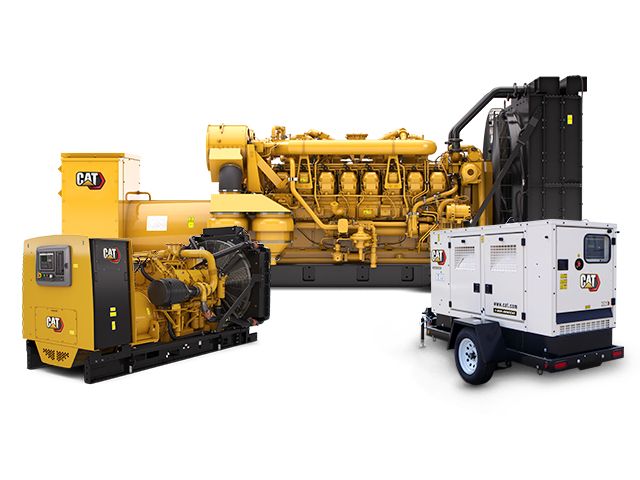POWER NEED
With more than 10,000 miles of power lines strung from the borders of Georgia to Kentucky, Volunteer Energy Cooperative (VEC) is one of the largest rural electric cooperatives in the nation, serving more than 115,900 members in all or part of 17 Tennessee counties.
Founded in 1935 as the Meigs County Power Association, VEC was the first electric cooperative in the nation to take advantage of the funding offered through the Rural Electric Administration to build power lines in underserved areas.
Today, VEC serves its members through nine customer service centers in Benton, Cleveland, Georgetown, Decatur, Spring City, Crossville, Monterey, Jamestown, and Byrdstown. The nine offices are administered through the Cleveland, Decatur, Crossville, and Jamestown service areas.
“Being an electric co-op, we’re owned by the membership, so everything we do is geared toward what’s better for our members—whether that’s improving system operations or cultivating economic development throughout our territory,” says VEC president Rody Blevins.
Volunteer Energy’s primary mission is to keep energy rates as low as possible while providing reliable electrical service. VEC has had only two rate increases in 15 years, and has the lowest customer charge of any electric cooperative in the state of Tennessee.
As a distribution utility, VEC buys all of its energy from the Tennessee Valley Authority. As part of its contract with TVA, the cost of power is determined primarily by three main components:
- TVA’s fuel cost, which varies depending on market conditions
- The second big piece is the total kilowatt hour energy VEC buys in a month.
- The third component is a one-hour peak demand charge. Depending on what VEC’s highest one-hour peak usage is during a given month, the co-op is billed a demand charge by the TVA based on that one-hour peak usage.
Based on its contract with the Tennessee Valley Authority, VEC cannot contract with outside sources for power. However, the cooperative is allowed to self-generate power as long as it is used to power its own facilities and is not distributed across network power lines to its members.
SOLUTION
Once it began tracking and analyzing its TVA wholesale rates in greater detail, VEC realized it could save energy costs by generating a small amount of its own power. Based on that analysis, in 2016 VEC evaluated proposals to install a generator set behind its Decatur headquarters.
“One of our priorities was to make sure we had a high-quality unit, so we needed something we felt was more utility/industrial grade—a unit that started and loaded fast,” said Matthew Teague, vice president of engineering for VEC.
In April 2018, VEC installed a Cat® G3412 gas generator set behind its Decatur headquarters.
“Part of the reason why we went with Caterpillar is because we figured it was a higher quality unit,” Teague said. “In our business, when we need it, we need it to run right away. So the quality of the unit and how it’s designed to run, along with the extended maintenance cycles—all of those things were important factors for us.”
VEC’s engineering department continuously monitors the system peak, and knows when the peak hours will occur—usually on summer weekdays between 5 to 6 p.m., and from 7 to 8 a.m. during the winter when people are getting ready for work. VEC runs the Cat genset during these periods to partially offset the peak demand charge. The gensets are operated via remote through its SCADA system.
“We can generate a small amount of power to directly replace the energy that we use in our offices and at a maintenance facility,” Blevins says. “When we started looking more closely at things, we realized there were some demand savings that we could realize.”
Another deciding factor was VEC’s Vision 2020 plan, which involves updating the cooperative’s technology platform. This includes anything from phone systems to IT services, substation equipment, control panels, and deployment of fiber optic cable.
“And part of that was installing generators at our offices to back up our office operations during times when we have major storms,” Blevins says. “We picked the corporate office first because we built a new 24/7 dispatch control center here back in 2010/2011, and we wanted a generator to back up this facility because we are controlling our entire power system from this location and we can’t afford for that to be down for an extended period.”
In addition to providing peak shaving and standby power during grid outages, the genset comes in handy to generate energy when VEC performs facility maintenance work.
Based on the favorable outcome with the genset at the Decatur headquarters, this year VEC installed and commissioned additional G3512 Cat gensets at its branch office locations in Crossville and Jamestown, as well as the recent installation of another G3412 in Benton.
“At our other offices, we want them up and running for local operations needs, and they are also communication centers for our fiber,” Blevins says. “We talk to all of our substations one way or another through our fiber, and we do all of our meter reading over the power lines back across our fiber system. We do all of our network traffic across our fiber system. So those offices are critical to keeping those communications going.”
RESULTS
The G3412 genset at Decatur runs an average of four to six hours per month, resulting in savings of anywhere from $5,000 to $8,000 per month.
“We’ve been happy with the G3412 now that we’ve had it running for two years—it has done well for us,” Teague says. “We’ve been impressed with the way it handles large transient loads.”
The other deciding factor was VEC knew it could count on support from its Cat dealer, Stowers Machinery, which provides ongoing maintenance and periodic testing of the gensets.
“We’ve known Stowers for many years, and we have partnered with them on different things over the years, and we are very familiar with the local Stowers people, too,” Blevins says. “They’ve always done a good job for us, and we’ve been able to count on them. When we need things done they’ve been able to follow through on their commitments to us.”
VEC may not be done adding more gensets, as it’s waiting for an upgrade by a gas supplier before installing another Cat genset at its Cleveland office, Blevins says. The agency is also working with Stowers to help educate other electric cooperatives about implementing self-generation.
“This has been a good deal for us,” Blevins says, “and we want to show our peers that it could be a good move for them, also.”
Download the Power Profile



